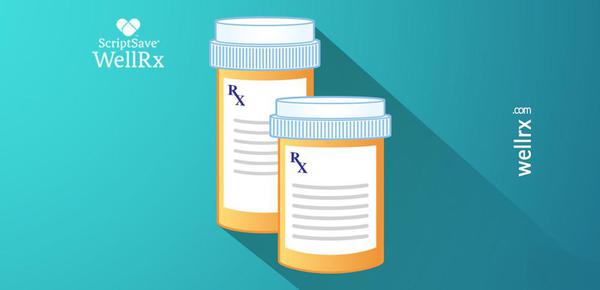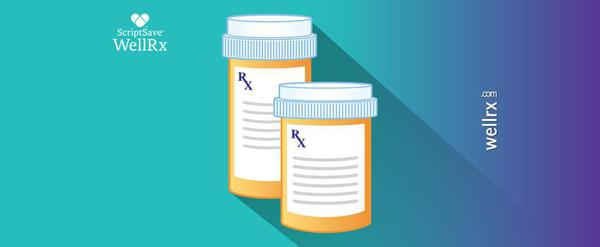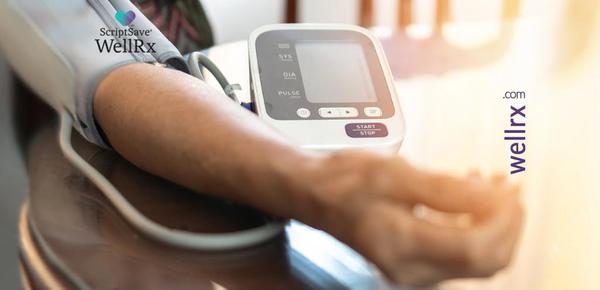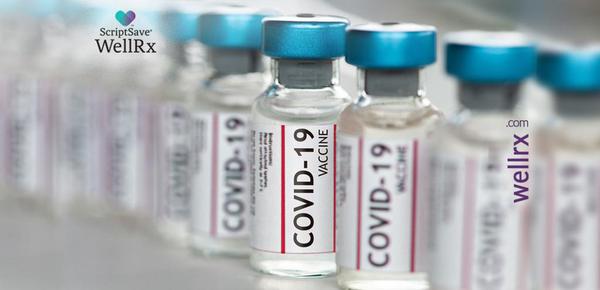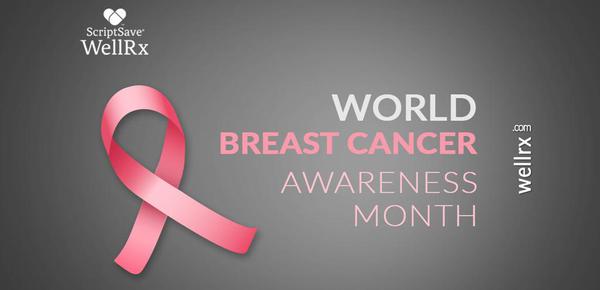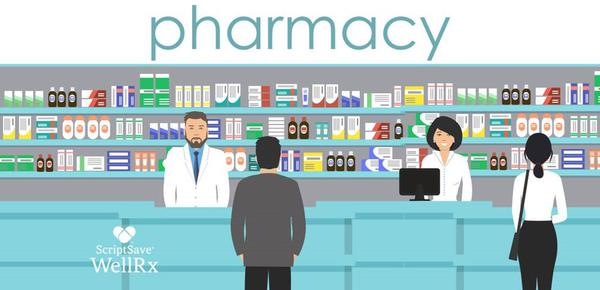
Vitamin D2 vs. D3: What Is the Difference, and Which Is Better?
Vitamin D, also called calciferol, is a fat-soluble vitamin produced by your body when your skin is exposed to sunlight. It is available as a dietary supplement and a prescription medication, and it is naturally present in or added to some foods. Vitamin D2 and D3 are the two primary forms of vitamin D. Although they are often used interchangeably, you may ask, what is the difference between vitamin D2 and vitamin D3?
Vitamin D2 vs. D3: What Is the Difference Between Vitamin D2 and D3?
Vitamin
Vitamin D2 vs. D3: What Is the Difference Between Vitamin D2 and D3?
Vitamin
